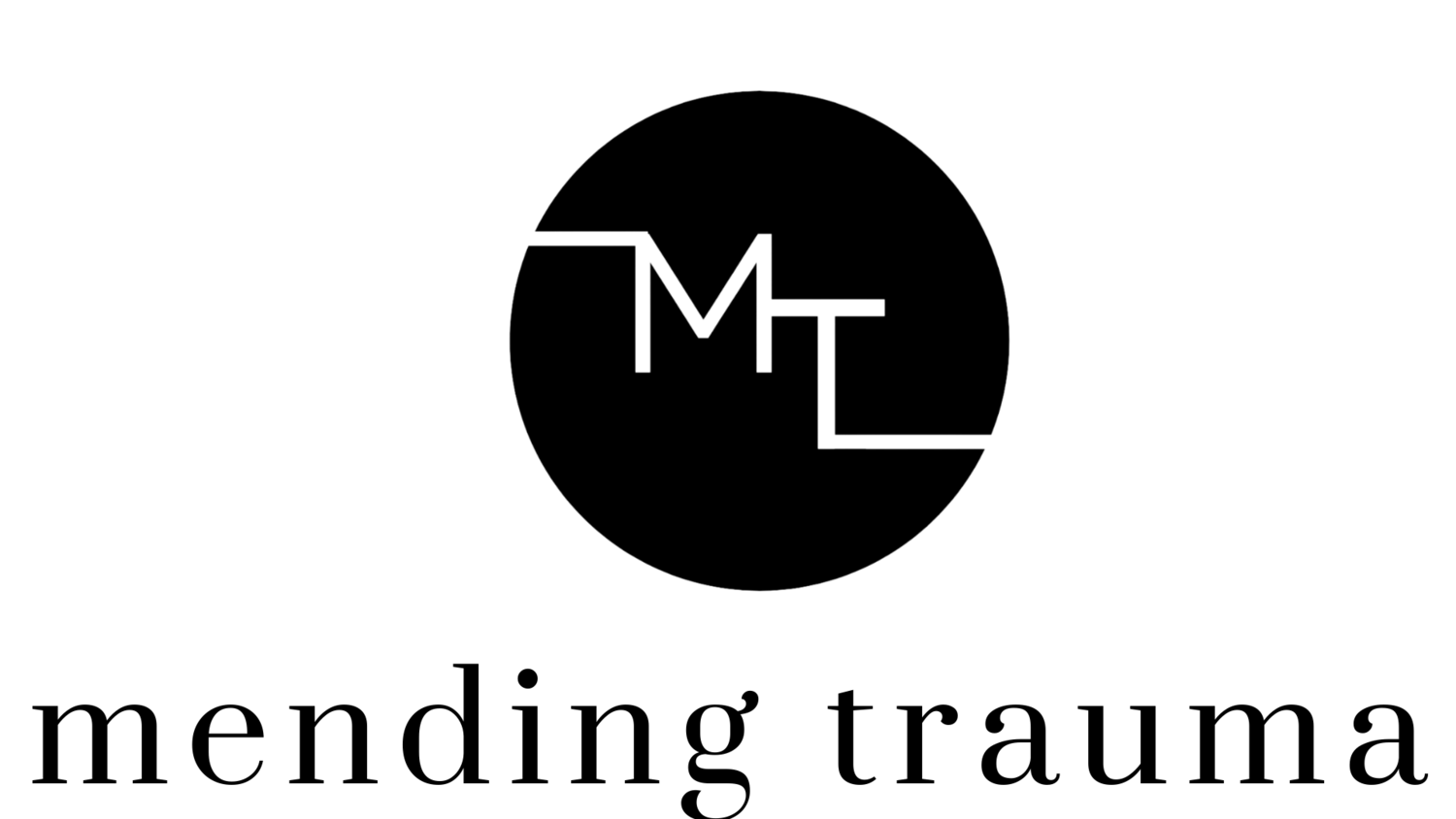How we can build resilience through micro movement challenges
We talk a lot about building resilience because we're humans, and as humans, hard things happen to us. Resilience is actually the ability to recover from stress quickly and efficiently. Resilience also helps increase our threshold for stress so that we can deal with it more effectively.
I want to teach you how to build resilience through micro-movements today. Let’s dive in!
How does moving our body actually help us build resilience?
Life is consistently full of challenges and building resilience is an internal process. Resilience is a protective factor for challenging times. We can be intentional and purposeful about some of the behaviors we engage in that will contribute to building our resilience.
Protective factors are things that we build internally to help us weather difficult times and difficult events. So when we talk about building resilience through movement challenges, I think one important thing to consider is that we want to build a sense of competence and a sense of wellness as we consistently engage in these movement challenges.
One of the things that struck me about resilience is something our sister-in-law, Dr. Jeana Hoyt, taught us earlier this year. She said, “resilience is not a character trait. It is not something you're born with, it is a skill you develop.” 🤯
How to develop the skill of resilience
In our world today, there's a very predominant way of thinking that “it is all or nothing.” Resilience is a really handy tool that helps support the development of a flexible nervous system.
When I think about building resilience through movement challenges, a couple of things spring to mind. One is if we don't have reasonable expectations, then the movement challenge can be very stressful because our brain is so rigid around the idea of doing it “right” or “perfect” that it becomes much more about doing it a certain way, instead of doing it with the expectation of improvements.
When we engage in a new skill, such as a movement challenge, we want to be able to accurately track our benefits or gains, because the brain is really poor at noticing positive changes. This is where staying curious and allowing self compassion comes in. If we are kind to ourselves about our efforts and are curious about our progress we will be more accurate in our evaluation of how movement is helping us.
Be Consistent & Lower Expectations
Another thing that is really tied into this is the ability to be consistent. I know that in several podcasts, we've talked about keeping promises to yourself, and that enhances a sense of competency and self-efficacy. However, the promise has to be reasonable and has to be practical. It also has to be noticeable. You have to be able to notice when you are making improvements.
Lower your expectations in order to get a “win.” We want to be reasonable with our expectations so we can have small victories along the way. We do need to challenge ourselves, but the challenge doesn't need to be massive! In thinking of physical fitness, you wouldn't go and automatically start a resistance training protocol where you literally have no experience with weights or without knowing your body's limits. So it does need to challenge us, but not topple us. And the research shows that the best way is through a series of micro-steps.
Another component of resilience is learning to trust in our own ability. The way we trust in ourselves is by following through with something we've told ourselves we would do. That can be really difficult for most of us, and that's when I think accountability partners are super helpful, as well as having a self-reporting mechanism (writing down our progress).
If you are ready to catapult yourself into the healing process, then I invite you to join The Whole Health Lab! Your all-inclusive online portal to healing trauma, being relieved of toxic stress and finding your highest level of self.

